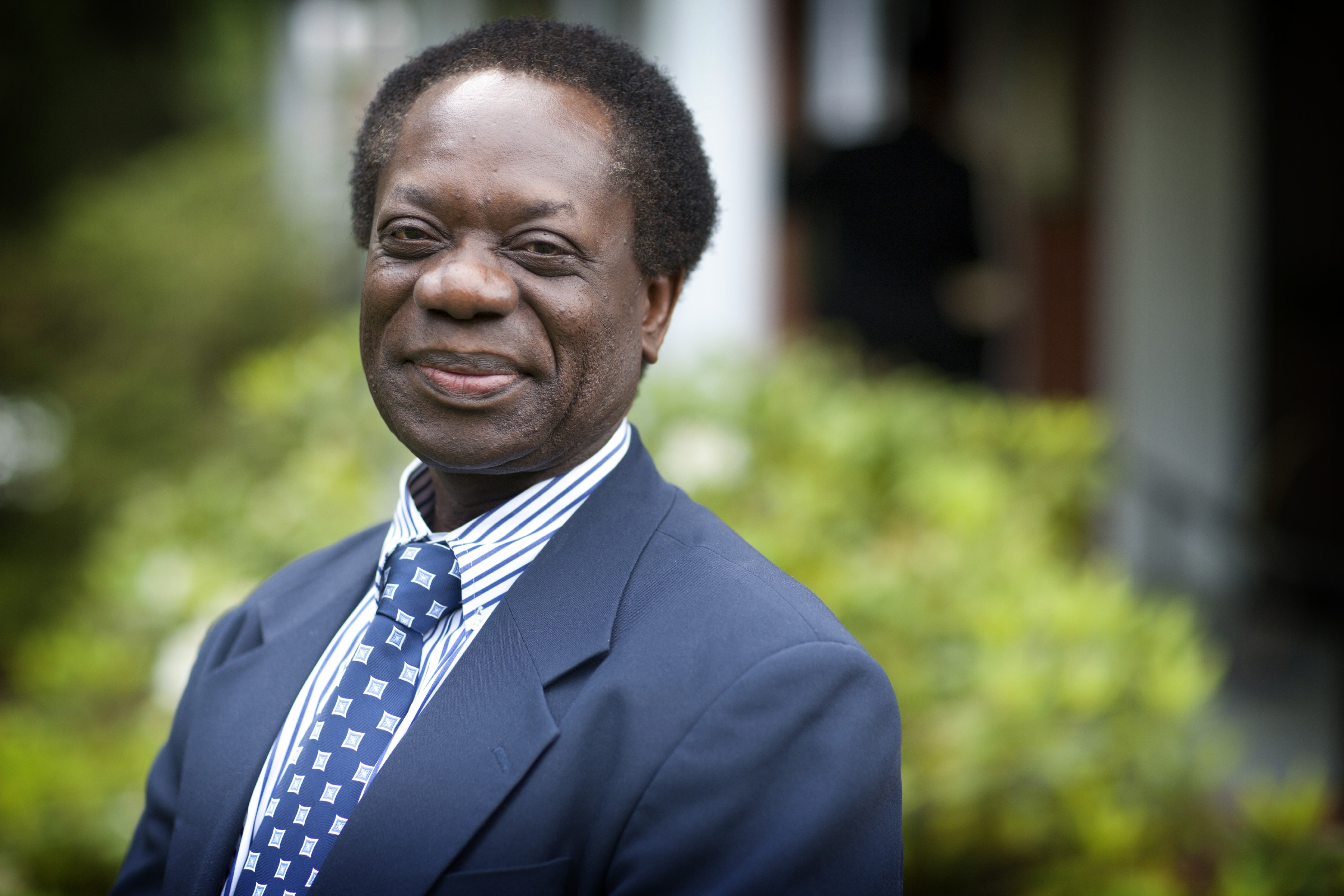Complementing the University of Virginia’s total advising initiative, the Office of African-American Affairs is responding to national issues facing college graduates, especially in preparing for careers in a rapidly changing work environment, with a new wide-ranging strategy.
Total advising, part of the University’s Cornerstone Plan, combines high-quality academic advising, career advising and coaching, plus networking relationships with U.Va. alumni. The Office of African-American Affairs’ published literature calls it “cluster mentoring.”
The office recently began a new phase in its programming, especially through the Luther Porter Jackson Black Cultural Center, to give black students the opportunity to learn a well-rounded set of skills that will help them become leaders after leaving the Grounds.
In this “strategic leadership phase,” as Dean Maurice Apprey calls it, “we want to train our students to have multiple and nimble skill sets so they can go from one employment to the next more easily and seamlessly. We want to be intentional about this alignment of skill-building with liberal arts and science education.”
The cultural center, led by newly hired assistant dean and director, Michael Gerard Mason, will insert more leadership skill-building into the existing Black Leadership Institute so that its programs can foster enhanced mastery of skills from self-confidence to project management within the microcosm of U.Va. as practice ground for future careers.
African-American students can take a four- or five-session workshop over the semester in non-academic marketable skills, for which they’ll receive a certificate of completion. Session goals include:
- understanding their personal and ethnic identity and how that plays into developing a professional identity;
- learning about the history of African-American student leaders at U.Va. to provide a context for their own activities and the meaning of civic responsibility; and
- community-building and networking among student associations and with alumni.
The fall session focuses on “Civil Resistance, Nonviolent Movements and the College Student Experience,” and the spring session on “Capacity Building through Strategic Advising.”
The first session will provide a context for black activism, teaching students how the strategies and skills used in the Civil Rights Movement emerged, Mason said.
Without a thorough understanding of the historical context, “protesting is like having a fork, but not knowing how to cook,” he said.
The Office of African-American Affairs scrupulously keeps data on its programs. Once its academic administrators see positive results of the efficacy and success of this initiative, they will offer them to other units on Grounds to adjust and scale up the offerings across U.Va., Apprey said.
The office has already accomplished this with Project RISE, a culturally relevant, one-on-one, peer-counseling program created in 2006. RISE stands for “resolving issues through support and education.” Housed in African-American Affairs, the program receives technical support from the U.Va. Parents Fund, the Office of the Vice President and Chief Student Affairs Officer and Student Health’s Counseling and Psychological Services.
“’Hoos Helping ’Hoos” launched last year to broaden the reach of Project RISE’s culturally relevant framework. Interested students must first take the course, “Peer Counseling Theories and Skills,” to gain early experience with the principles and techniques necessary to the helping professions, before applying to either program. The course prepares students for student support roles at the University, including peer adviser, peer health educator, resident assistant and Helpline supporter.
The sessions also aim to “equip students to begin to understand at the core why we have programs like Green Dot bystander training. The program prepares them for University-wide initiatives,” Mason said.
Mason, who joined the Curry School of Education’s Counselor Education program in 2008, teaches the peer counseling course, as well as the follow-up course, “Peer Support Program Research, Design and Evaluation.” In 2010, he moved to a clinical position in Student Health as a multicultural specialist, where he served as a staff psychotherapist and liaison to African-American Affairs.
U.Va. has long been the leader among flagship state universities in graduating the highest percentage of black students – 86 percent for about 25 years running, thanks in part to the efforts of the Office of African-American Affairs and its nationally recognized peer-advising program. That success was not enough, however, for Apprey when he became dean eight years ago. He and his staff added a cluster of programs to improve the academic performance and grade-point averages of graduating black students.
The percentage of black students who graduated last year with a GPA of 3.4 or higher has doubled from the percentage in 2006. The office has accomplished this by providing hands-on support for academic and enrichment experiences through its GradSTAR program, for example, which includes more mentoring and tutoring opportunities and information sessions on topics such as time management, study abroad, personal health management and preparation for graduate admissions exams.
Apprey added: “The more engaged black students become with our office, the more prepared they become for the world.”
Media Contact
Article Information
September 11, 2015
/content/uva-office-african-american-affairs-adds-emphasis-leadership

